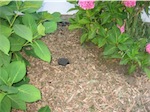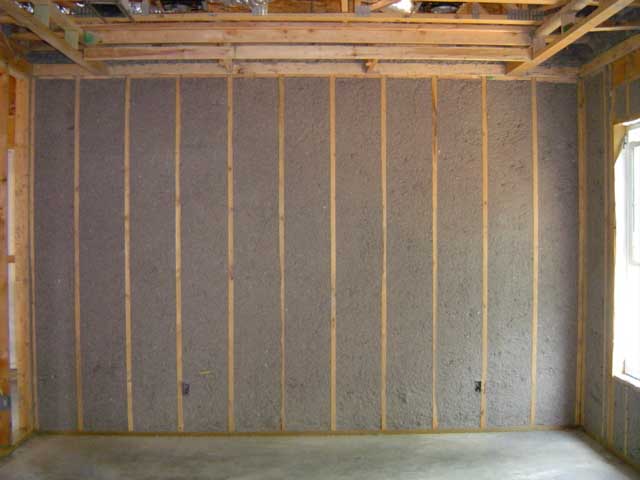California just got some relieve from four year of drought with an almost normal rainy season. However we are not out of the woods yet. Water conservation is still on every body’s mind. Many people have told me that they use a bucket to catch the cold water from the shower instead of letting it going down the drain. Then they use the water to flush the toilet or water houseplants. That is an excellent way of saving water indoors. Also, to meet the government’s continued mandate of 25% water saving, we need to do more.
Landscape watering consumes 60% of the household water use. Eliminating the lawn and replacing with a native garden can reduce this amount considerably. Doing it is easier than you think.
While we are saving water, we should also be diligent in not polluting our precious water resources. Avoid using chemicals in the landscape. Chemical fertilizer, herbicides and pesticides leave toxins in the soil, which eventually get washed to the watershed and possibly into our water supply. This practice is especially important when you try to remove an existing lawn for a native garden.
The best way to remove the lawn without much digging and chemicals is sheet mulching. It is a technique of placing layers of cardboard or newspaper to smother the lawn, applying a layer of compost and mulch, and then planting your favorite drought tolerant plants. While smothering the lawn, the cardboard or newspaper decompose, providing nutrients to improve soil health. Compost is a natural fertilizer and mulch preserves moisture in the soil.
Sheet mulching requires little digging. Keep the little dug up dirt on the lawn to create feature mounds so that you don’t have to pay to halt the dirt to the dump. This process saves time, money and water.
Native plants have adapted to the local soils. Once they mature, they can thrive with little or no water in the summer. They generally are pest and disease resistant. Indeed, native plants often attract pollinators and beneficial insects, such as, birds, bees, butterflies and ladybugs, which will help eliminate the pests.
An occasional application of mulch will continue to conserve moisture in the soil and reduce weed growth. As it decomposes it also replenishes the nutrients for the plants. Using mulch reduces the need to send garden wastes to landfills.
Most native plants require little care and maintenance other than some pruning to shape them to your liking.
Native plants come in different shapes, sizes and colors. You will be pleasantly surprised how good you can make your garden look while you do good for the environment.








